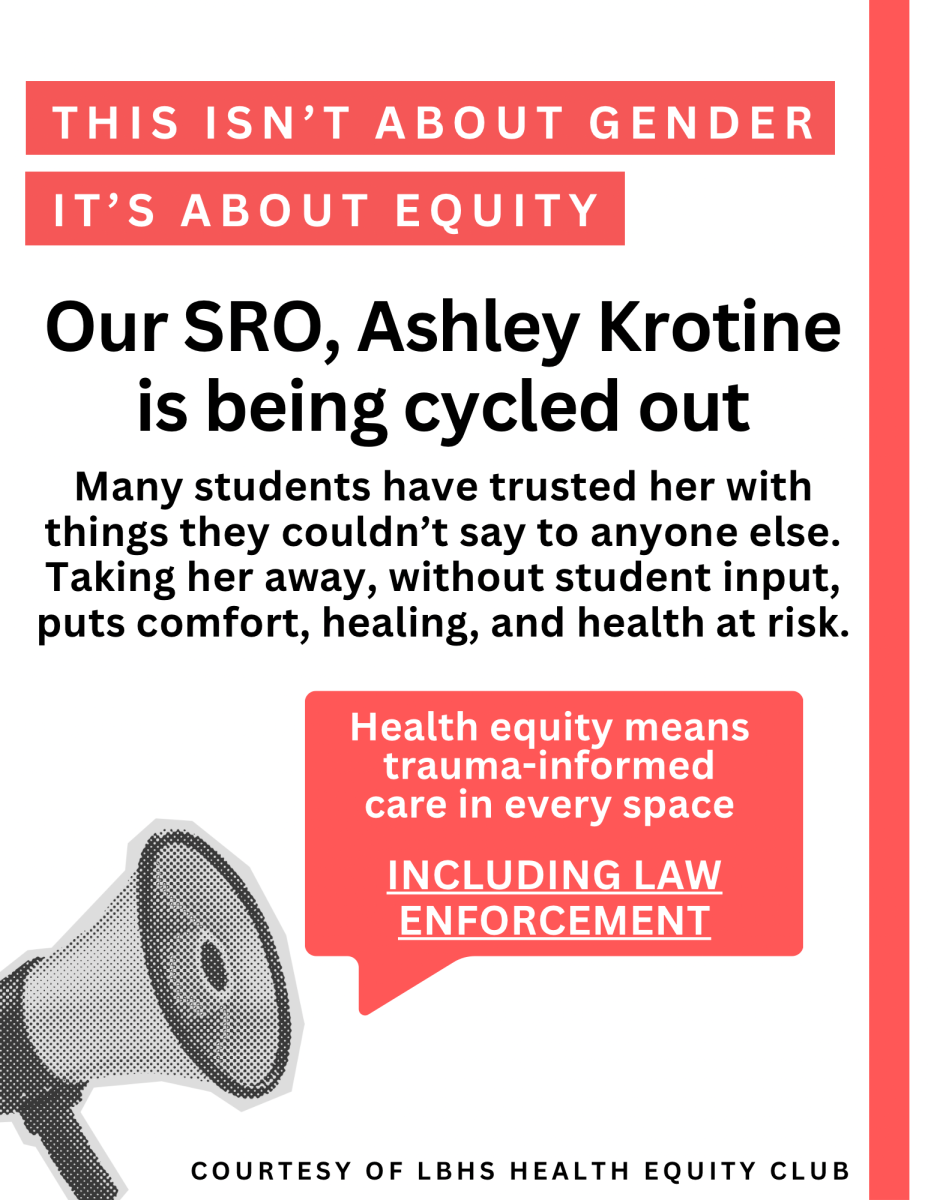Students of every kind have to deal with the oftentimes overwhelming workload brought upon them by school, and it’s no secret that the Honors and AP class workloads push their students to a breaking point. At the end of the day though, most students bear the extra burden because the class is weighted and can boost their GPA, but what about the unweighted Honors classes? Should students even bother with the extra work and stress if the class holds no additional value?
The way to answer this question is much simpler than students believe, but the obvious answer usually gets swept away in the competitive torrent of high school academics. Everything about academics is now tied to the mainstay of achievement, from getting the highest grades in the hardest classes while also running three non-profits to being the captain of a CIF-winning sports team. However, many students cannot focus on their goals and still take every Honors or AP program. Part of becoming a student who is ready for the real world is knowing how to maintain balance in life and not letting yourself run dry over classes that may not benefit your future.
Whether that be Honors or on-level, when thinking about classes to take, many students are keeping in mind their four-year plan, or what classes they plan to take throughout high school. If a student with a passion for English knows they plan to take AP Literature their junior year and AP Language their senior year, it would be wise for them to take the unweighted English 9 Honors course to help prepare them for those classes. If another student wanted to take English 9 Honors freshman year but didn’t really love English or plan to take any of the APs later in their high school career, then they could instead take the regular English courses and devote that time to things like sports or other advanced classes. The unweighted class, in this instance, works as a foundation for the strenuous classes to come, providing students with progressional skills they may not learn as well in a non-honors class.
This is not to say that students who don’t take the unweighted “intro class,” if you will, don’t find success in AP Literature or AP Language during their junior and senior years. There are plenty of students who have made the transition from English 9 to 10 Honors to AP Literature and then to AP Language; some students even go from English 9 to English 10 to AP Literature or even English 11 to AP Language and find just as much success as honors track students. Taking a class like English 9 Honors is a way to lessen the shock of an AP English class, preparing students for the course’s rigor and pace, but it’s in no way a required course.
Deciding what classes to take should all circulate around a student’s personal schedule; they should take the initiative and evaluate their commitment to sports, clubs, community service, and all of their other extracurricular activities, and then decide what classes best fit their lineup. Suppose a student gets in over their head and cannot find a way to manage their schedule healthily. In that case, they will not be able to succeed in the Honors or AP classes they decide to take anyway, stacking bricks of stress upon their mental tower to the point where they all come crumbling down. Weighted or unweighted, there needs to be an evaluation of schedules before choosing to take an advanced course; students should be confident in their academic path, knowing they have the time and energy to excel in their chosen classes.















